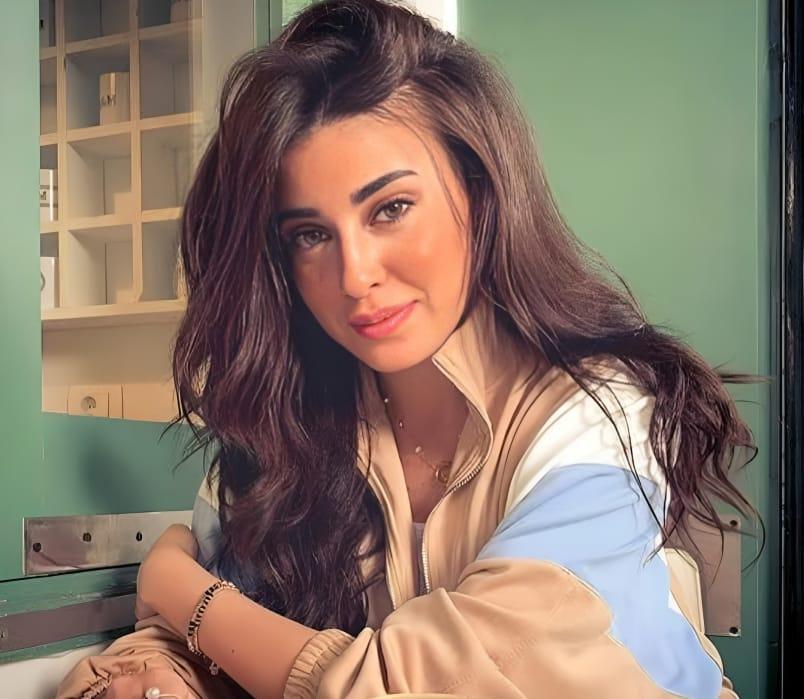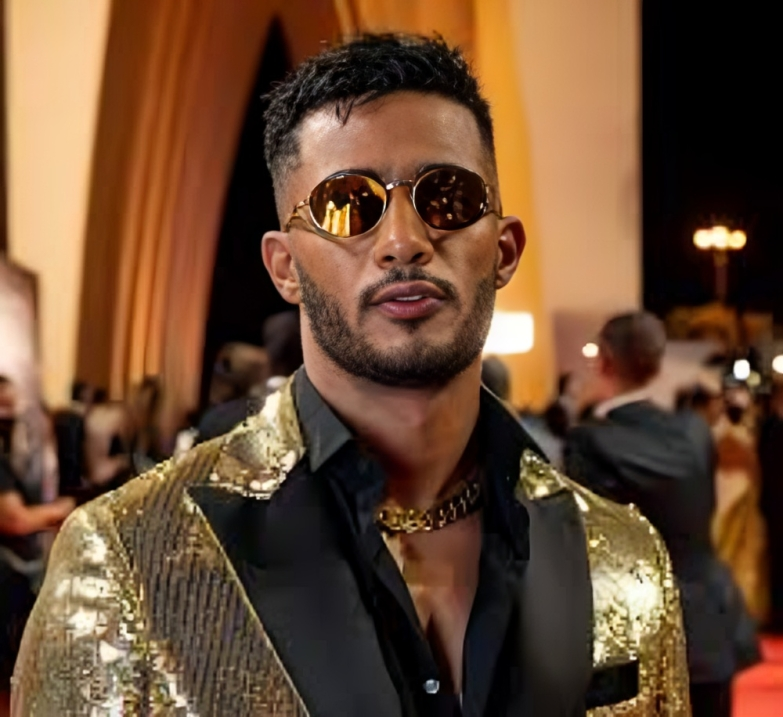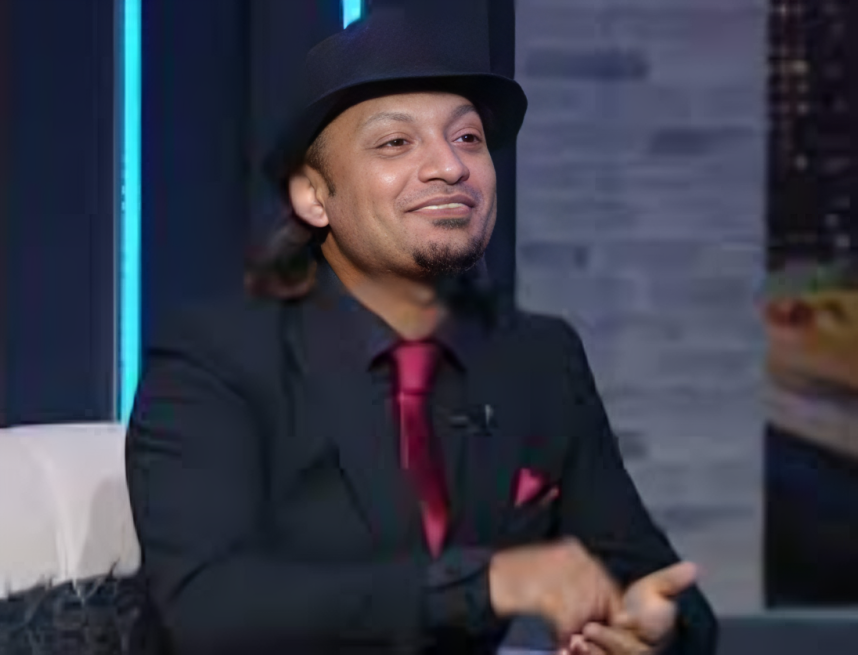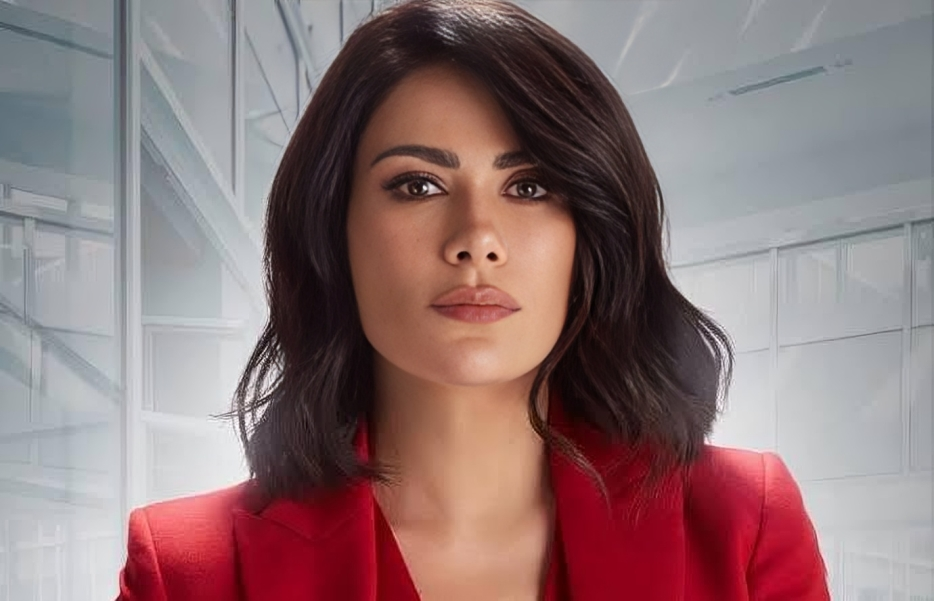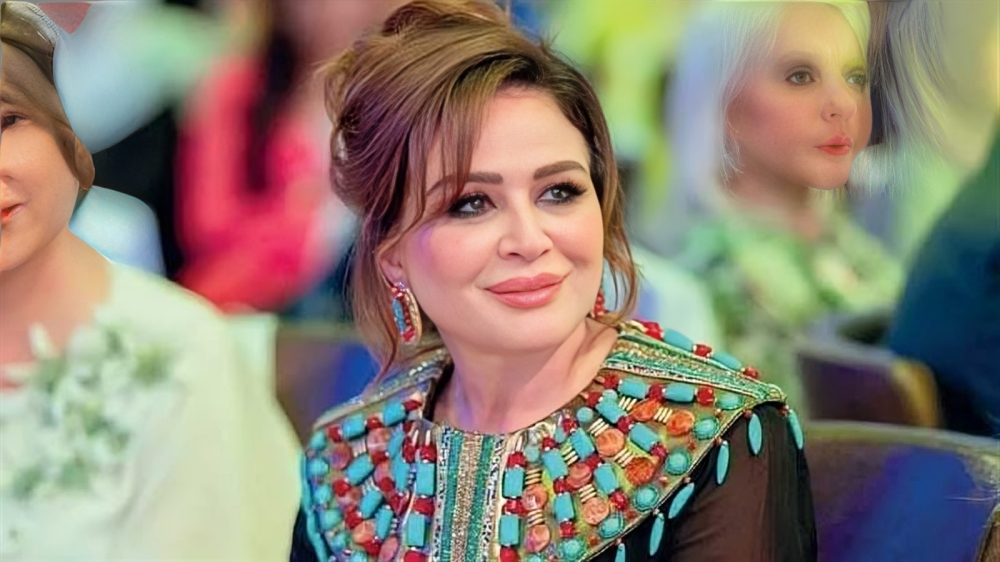In an exclusive interview with the program "Cinematek," actress Mirna Nour El-Din discussed her stance on the use of artificial intelligence in the arts, explaining her opinion on whether AI could replace artists in some artistic fields. Mirna expressed her appreciation for the benefits of AI in certain applications but emphasized that there is an element that this technology cannot replace: the "emotion" that distinguishes an artist.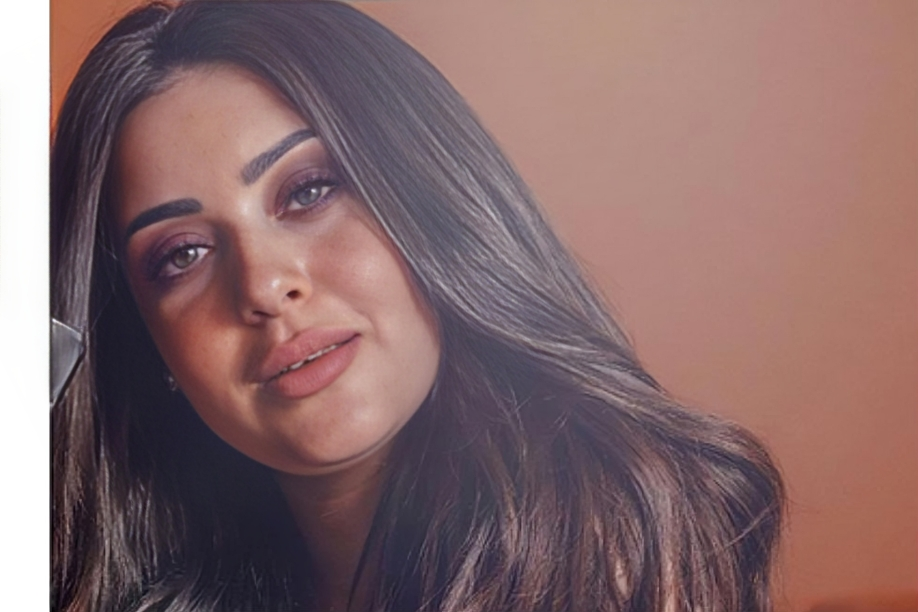
She said, "Artificial intelligence can help enhance the artwork by replacing images or editing certain shots, but emotion remains the element that AI cannot replicate. This emotion is what makes the artwork human, and it is something that cannot be replaced by technology, no matter how advanced."
She added that she follows the ongoing discussions on social media about the use of AI in art, noting that she has observed the spread of many images created using this technology. However, Mirna felt comforted knowing that the public has become fully aware that these works are AI-generated, which reduces their negative impact on her. She said, "Sometimes, images appear on the internet created by AI, but people understand they are not human-made works, and this helps me feel reassured."
Regarding the impact of AI on her professional life, Nour El-Din noted that she does not allow this topic to negatively affect her, affirming that she ignores posts of this nature that may be published online. However, she clarified that if she feels this impact is affecting her work or causing personal harm, she would take the necessary legal actions to protect her rights.
The actress also mentioned that she did not expect AI to reach this level of advancement, as it has become a part of many artistic and media fields. Despite this, she still believes that the artist's unique touch will always remain an essential element that cannot be replaced in artistic works.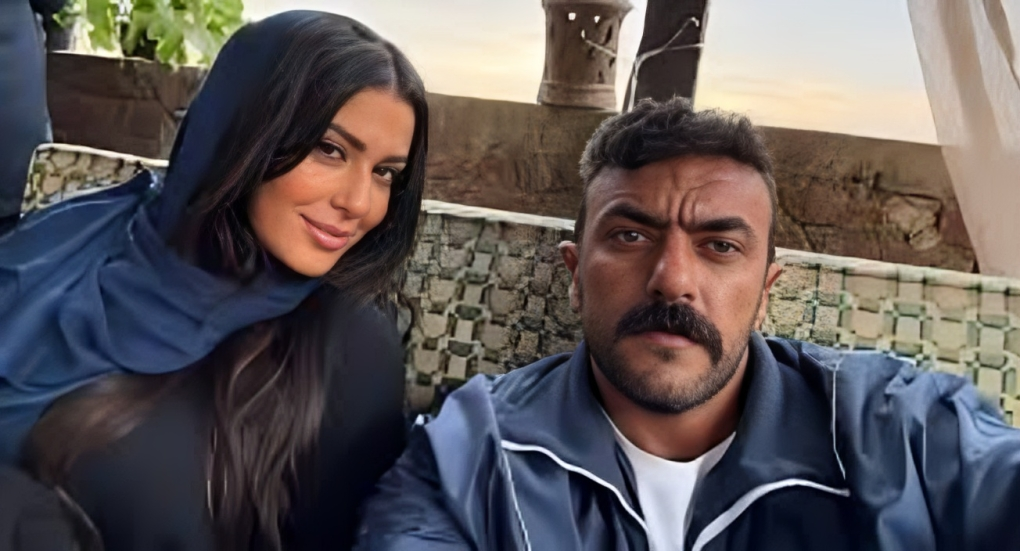
On another note, Mirna discussed her latest artistic work, the series "Fahd Al-Batal," which aired during the Ramadan 2025 drama season. She played a main role alongside actor Ahmed El-Awadi, and the show received wide audience engagement. The series was written by Mahmoud Hamdan and directed by Mohamed Abdel-Salam, featuring a star-studded cast, including Ahmed Abdel-Aziz, Safwa, Safaa El-Toukhy, and Ezzat Zayn.
"Fahd Al-Batal" takes place in a village in Upper Egypt, where Fahd, who works in a marble factory, is in a love relationship with a girl played by Mirna Nour El-Din. Over time, Fahd finds himself in numerous struggles that lead him to make tough decisions, eventually deciding to travel to Cairo in search of a better life. He faces significant problems and ends up in prison at the beginning of the series.
Mirna Nour El-Din, known for her ability to portray complex characters and deep human emotions, shone in this role, adding a special touch to her character that required deep emotional interaction with the events and other characters. Despite Fahd's challenges, Mirna's role represents hope and love amidst difficulties.
The series, which reflects a realistic portrayal of life in Upper Egypt, succeeded in captivating the audience due to its well-balanced mix of social drama and suspense, making it one of the standout works in Ramadan 2025. Mirna's participation in it confirmed her ability to take on diverse roles that combine strength and vulnerability simultaneously.
The show also highlights the challenges individuals face in pursuing their dreams amidst a reality full of struggles, which made "Fahd Al-Batal" one of the works that attracted significant attention from both audiences and critics alike.
Mirna Nour El-Din continues to establish herself as one of Egypt's most prominent artistic talents, capturing attention with her remarkable performance and her unique approach to portraying complex characters. As artificial intelligence enters the world of art, Mirna remains firm in her belief that emotion and human interaction are what make art genuine, and no technology, no matter how advanced, can replace the human element in this field.
In the end, there are many questions about the impact of artificial intelligence on the future of art. However, it is certain that technology will remain an integral part of the film and television industry, even if there are aspects it cannot replace.
